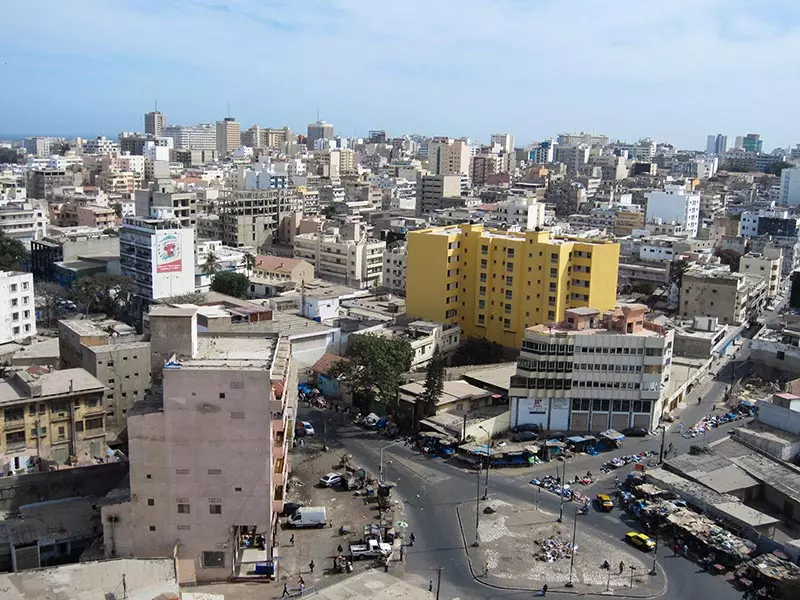
Senegal faces a daunting housing shortage, with an estimated deficit of around 300,000 units—an annual gap growing by more than 20,000, according to the Ministry of Urban Planning.
To address this crisis, public institutions such as the Caisse des Dépôts et Consignations (CDC), Sicap, and the Société Nationale des Habitations à Loyer Modéré (SN HLM) are spearheading initiatives. Yet, despite these efforts, affordability remains a persistent barrier for many Senegalese households amid rising living costs.
A flagship project in Bambilor, located roughly 30 kilometres from Dakar, aims to offer a modern, serene living environment through 400 new housing units. Developed through a partnership between SN HLM and the Islamic Bank of Senegal (BIS), the villas are positioned as elegant residences for the emerging middle class. Prices range from 22 million to 65 million CFA francs, with flexible payment plans extended over several years.
“SN HLM opens the doors to your future villa in Bambilor,” said Bassirou Kébé, general manager of SN HLM, highlighting the project’s blend of comfort and charm. The homes are scheduled for delivery in September 2026.
However, despite the project’s promise, questions of accessibility remain central. For many households with average incomes, the financial commitment is substantial. Current rental costs already consume about 15% of tenants’ budgets, and transitioning to monthly mortgage payments in the tens of millions of CFA francs would require significant budget restructuring. For instance, a family currently paying 60,000 CFA francs monthly in rent would face a sharp increase in housing expenses under the new scheme.
The Bambilor initiative is part of a broader national effort, which includes ambitious targets of 500,000 social housing units over the next decade and millions more by 2050. Yet, the recurring challenge is clear: how to reconcile the urgent demand for decent housing with the economic realities faced by Senegalese families.
While public-private partnerships accelerate construction and introduce technical innovations, they alone cannot overcome fundamental barriers related to income levels and financing terms. As Senegal seeks solutions, the question of affordable accessibility remains at the heart of the housing debate.



